What people remember most about Kennedy Aurentz is that she wanted to help others.
Yes, they also recall her record-breaking athletic performances, her nearly straight-A academic achievements, her quirky sense of humor, her enthusiastic sense of adventure, her steadfast loyalty to friends both longtime and new.
But her ability to perceive that someone was troubled, her ability to empathize, her willingness — her passion, really — to do whatever she could to make that person’s day better, has left the most indelible impression.
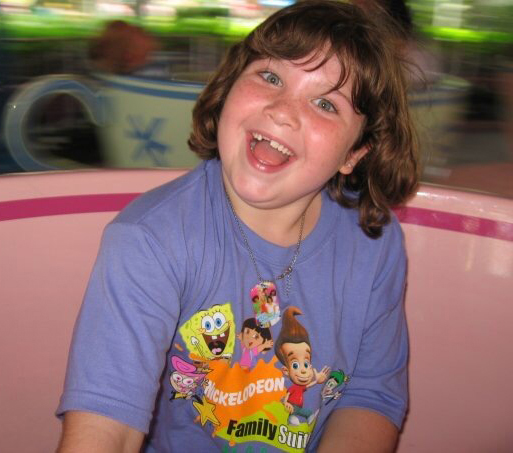
Making it all the more remarkable is the harsh reality that Kennedy did all this while fiercely fighting personal battles against troubles of her own — debilitating bouts of depression and occasional despondent escapes into drugs.
She failed to awaken from one such retreat on May 20.
Kennedy Sharon Lynn Aurentz was just 22.
“Kennedy wasn’t an addict,” her father, Cory, firmly emphasizes. “What do you think of when you picture a heroin addict? Is it someone who can stop using instantly, never have any withdrawal symptoms, and go on with life for a while? No! But that was Kennedy. She wasn’t an addict.”
Her mother, Kasey, explains: “It was depression. It’s a brain chemistry thing; it’s extremely emotionally painful. Depression lies to you. It tells you things like you’re not worth it, that you’re a burden on everyone. Nothing could’ve been further from the truth, but depression keeps you from seeing the truth.”
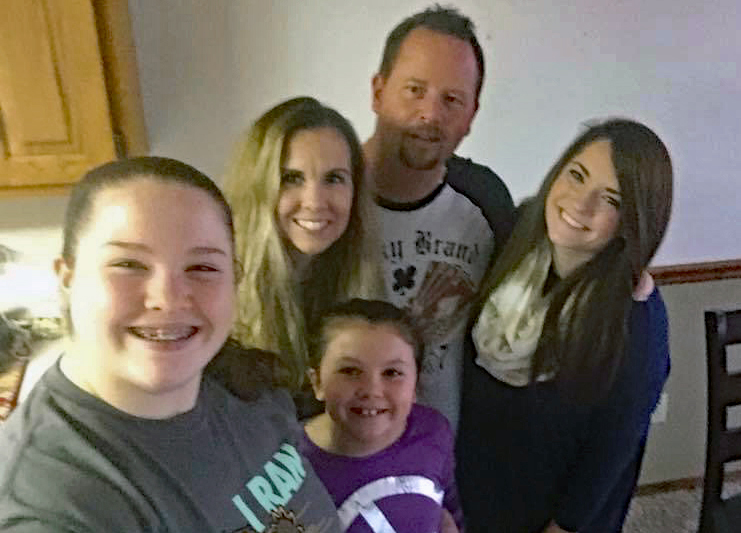
Kennedy’s parents were made aware of the depression diagnosis when she was in middle school. It culminated when Kennedy was in college, Kasey says.
Yet in the years in-between, Kennedy was extraordinarily successful in many ways.
The most obvious was in sports. As a youngster she played soccer, softball, basketball, volleyball and other team activities. When she moved on from Springfield Lutheran School to her freshman year at Kickapoo High School, she focused on volleyball and track and field events.
Standing 5-8, somewhat short for a volleyball player, Kennedy stood tall with her game smarts. “She had great court vision,” says her mom. “She could look at the whole court and, when a set would come to her, she could see where an open spot was and just hit it right in there.”
One of her coaches praised Kennedy’s ability to be “deceptive” and “sneaky” in disguising her intentions. But once she made her move, the secret was out.
“She was not real tall, but she could hit hard,” says older sister Taylor Baker, herself an accomplished volleyball player and coach in her day. “The other team did not want to see that ball coming at them when Kennedy hit it.”
Kasey recalls with a laugh: “She knocked a girl off her feet with her serve one time.”
That strength was put to a different use in springtime, the season for track and field competition. Kasey had urged her daughter to try out as a 5th-grader because Kennedy thrived in the company of friends and the challenge of competition.
“She didn’t want to go out at first because, she said, ‘I don’t want to run,’” Kasey recalls. “I told her to try track for one season, because there are other events besides running. She didn’t want to — but she ended up absolutely loving it.”
The “other things” that Kennedy discovered were discus and shot put events. When she got to Kickapoo, Kennedy set school records every year for shot put, heaving the 8.8-pound metal ball increasing distances. In 2019, as a senior, she was the state champion in Class 5 with a toss that measured a quarter-inch past 47 feet.
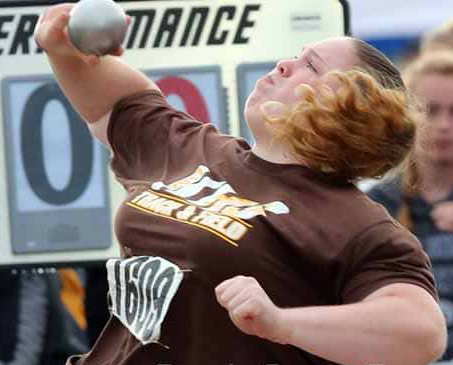
“Kennedy was recruited by many schools,” notes Kasey, “big schools like Princeton, Yale, Stanford — “U.S. Naval Academy,” interjects Cory — but she decided to stay here at MSU. She wanted to stay near home, to be close and have support from family and friends.”
Kennedy had many friends, some dating back to before kindergarten. They called her Kenn or Kenny or Kenn-Dawg. And they loved being around her.
“We met in preschool and immediately latched onto each other,” recounts Courtney Ullrich-Campbell. “Kennedy was such a light in this world. Her smile lit up every room she was in. She radiated positivity.”
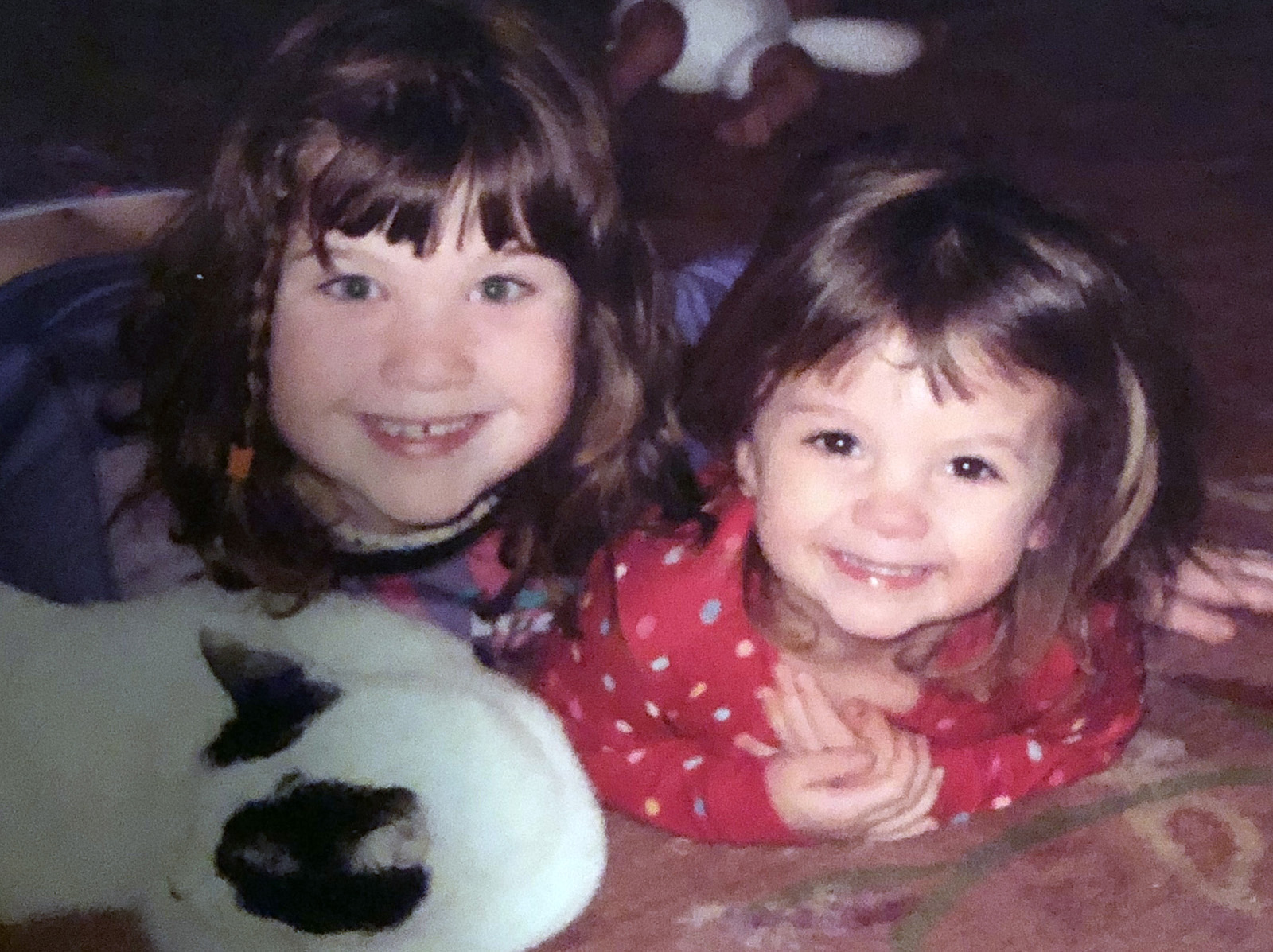
Emily Wanner says Kennedy was “my best friend for almost 19 years … She was a reliable friend and a fun person to be around. Kennedy would always know how to make my bad days good. She knew just what to say to make me feel better.
“She was the most supportive and encouraging person. Any time I had doubts about something, she would hype me up. With every big life decision, she was right by my side supporting me.”
Cy Warlick met Kennedy in preschool “when we were like 3 years old, ever since we were in diapers. I threw the discus and she was very good at shot put. We trained together many, many hours starting in 5th or 6th grade and all the way through Kickapoo.
‘She was always there for you'
“Kennedy was very personable,” says Warlick, now a firefighter with the Battlefield department. “It was always a fun time with Kennedy. But she also was the type of friend who wasn’t afraid to connect with you on a deeper level.
“She was always there for you, always there to talk. I remember many quality conversations we had, along with the joking around and goofing off. I definitely miss that.”
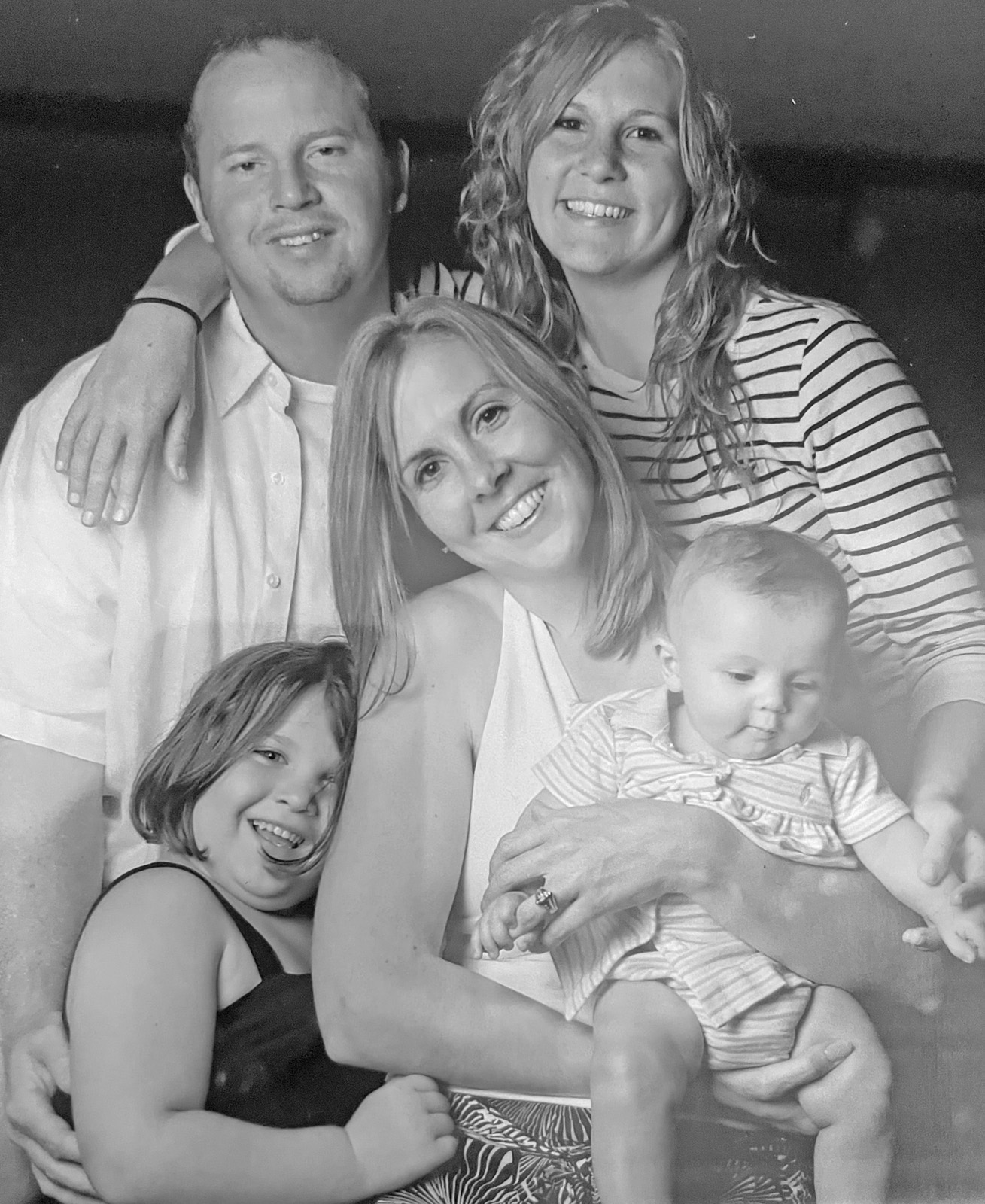
Julia McCown didn’t meet Kennedy until they were juniors in high school.
“We actually met by accident. We were having a sleepover with a mutual friend, and she invited Kennedy. I was a little bit nervous because I hadn’t hung out with anybody from Kickapoo — I’m from Ozark. And then our friend ended up getting sick that night, and she left. So Kennedy and I had to awkwardly begin to get to know each other. But ever since that night, we were best friends.”
McCown describes Kennedy as having “the absolutely funniest sense of humor. And we had a lot of the same hobbies and interests — we both loved art, and we liked the same music. There was never a boring moment with her. She always knew what to do, even when I didn’t.
“But what made Kennedy really special was how she carried herself so confidently that you wouldn’t know she was dealing with depression. After we became friends, I got to know a little bit about her other side. I really respected her.”
‘People would instantly gravitate toward her'
Kennedy competed in a couple of track meets as a freshman at MSU but injured her back and had to sit out. Then COVID shut down most competition altogether.
Although close to home, Kasey says of her daughter: “When you’re in a dorm and alone…”
In 2022, Kennedy sought help at a local recovery center. She made friends there, too.
“She could walk into a room and people would instantly gravitate toward her,” says Kasey. “One night they had her tell her story. She was so nervous — but afterward she called me and said that so many people, lines of people, came up and hugged her and talked to her.
“She could make people laugh and feel comfortable, even when telling something that wasn’t so happy.”
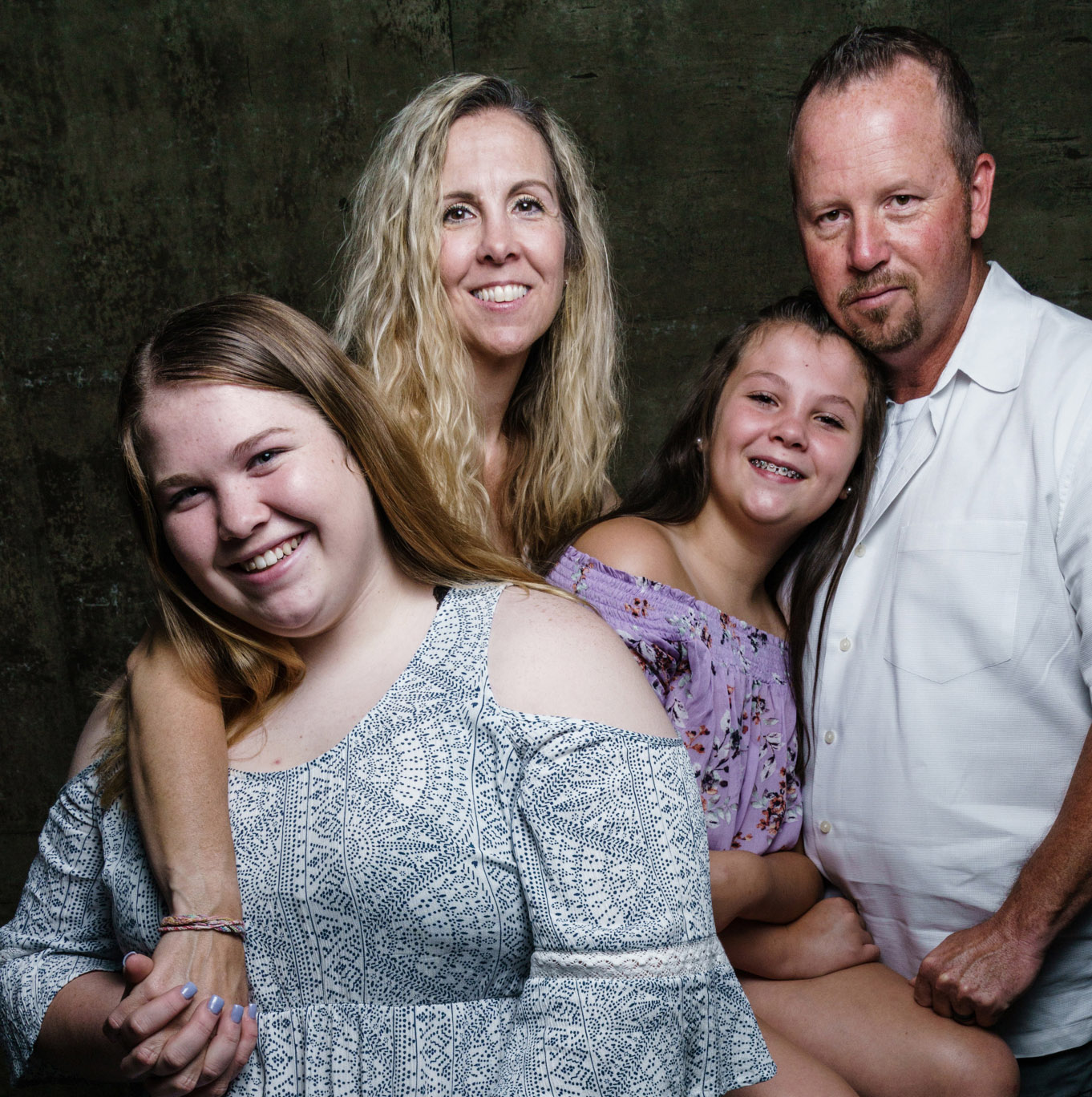
Her parents say that Kennedy’s career goal was to become an LCDC — Licensed Chemical Dependency Counselor. “She was such an advocate for people getting help,” says Kasey. “She was always willing to share her story, her experiences, just to be there for somebody.”
Eventually counselors in Springfield suggested that a change of environment might help Kennedy break some established habits. So she moved to Austin, Texas, for a few months last year. She returned to Springfield for the holidays, went back to Austin for a couple months early this year, then came back to Springfield again.
Sister Taylor notes that Kennedy “always wanted people to know there were options.” Everyone agrees that no one knew that better than Kennedy, and that her death was a tragic accident.
‘She had plans for the future'
“She had plans for the future,” says Taylor. “She wasn’t giving away her things. Being an aunt was important to her. She sent (her two nieces and nephew) gifts from Texas. I have another one on the way, and I know she wouldn’t have wanted to miss out on that.”
Kasey notes that Kennedy had gotten a new tattoo just one day before she died. “And we have Taylor Swift concert tickets for July in Kansas City, and Kennedy was looking forward to it.”
The death this spring of a friend jarred Kennedy, but for a while she successfully fought to remain clean. In late March, she wrote the following on her Facebook page:
“It never gets easier to add a name to the list of those who didn’t make it, and I always find myself screaming to God asking questions of ‘Why me? Why am I still here? Why am I so special?’
“I’ve found myself wanting to lie down and give in, but my scattered emotions and thoughts keep coming to the same conclusion, telling me I cannot waste this life I’ve been given.
“Unfortunately my disease will continue to add names to the list for the rest of my life. But tomorrow I will wake up and my tracker will read 107 days and I’ll get out of bed and I’ll live this life to the best of my ability.”
Although things didn’t work out that way, Kennedy’s friends know those words expressed her sincere desire and goal.
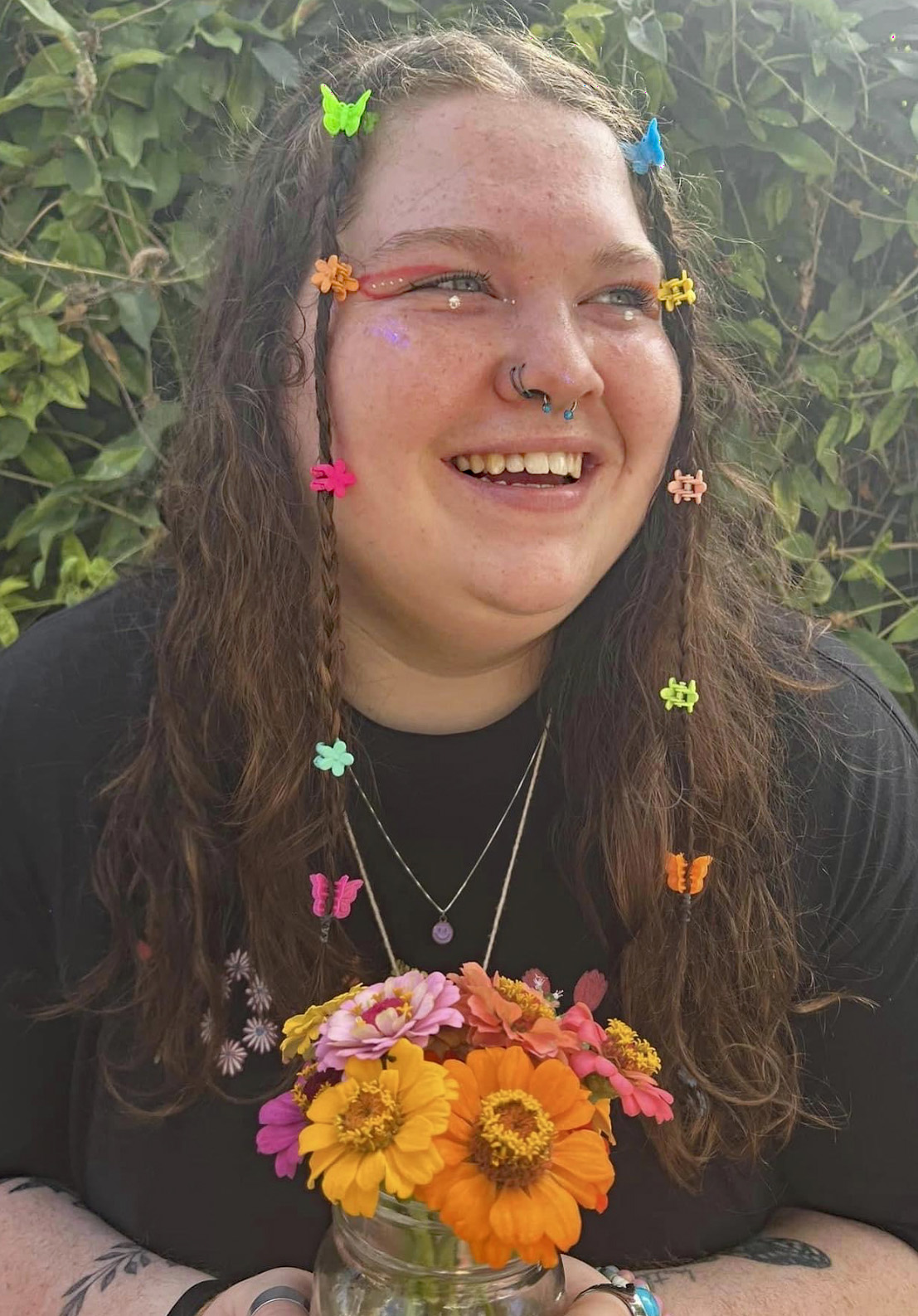
Ullrich-Campbell says Kennedy “wanted everyone to know that it’s OK to not be OK. It’s OK to be vulnerable and to let others help you.
“One thing she never stopped doing was fighting. Fight for yourself, your inner peace; find your passions and follow your dreams. And be kind to everyone you meet. Some of the happiest people are fighting the hardest battles.”
Wanner says that “Kennedy had dreams, and I thought she had more time. She wanted to help people who were struggling just like her. She wanted to help people through the darkness, to support them and help them find the resources they needed to make it through.
“She wanted to help others, even though she was fighting her own battles.”
“But,” adds Warlick with a sigh, “she couldn’t help herself at times.”
However, her memory lives on as an inspiration, says McCown.
“I love getting the word out about Kennedy. I just wish more people had the opportunity to genuinely get to know her, not just get to know about her when she was at a low point.”


